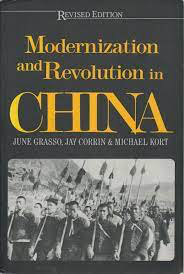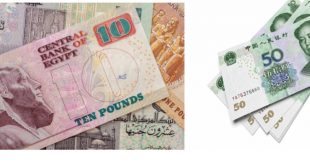Published:March 14,2023

The accelerated pace of modernization combined with peaceful and inclusive development that China has embraced with zeal is inspiring African countries as they embark on a new chapter of renewal, experts have said.
African countries have benefited from China’s model of peaceful development and continuous renewal, as evidenced by sustained capital flows, robust trade, technology and skills transfer to the continent, said Cavince Adhere, a Kenya-based international relations scholar, in a recent interview with Xinhua.
Adhere attributed Africa’s rapid economic take-off to China’s willingness to share expertise, support peace-building efforts in Africa, and invest in sectors like transport, manufacturing and energy. Highlighting the whole-of-society approach to development that China has prioritized, he said that it is best suited for Africa where people-centered growth is key to sustaining cohesion.
“We still hope to see China’s internalization in terms of resource mobilization, in terms of development cooperation with African countries under the Forum on China-Africa Cooperation,” Adhere said.
He added that as the implementation of the African Continental Free Trade Area gathers steam, the continent should tap China’s technological prowess to revitalize its digital economy, manufacturing and value addition.
China’s rapid modernization that has encouraged inclusivity, solidarity, and healthy consensus should be emulated in Africa where poverty and under-development have threatened stability, said Adhere.
In addition, Beijing’s embrace of green development as espoused in its ecological civilization mantra has aided efforts to tame the climate crisis that has taken a heavier toll on livelihoods across the sub-Saharan region, he said.
By upholding the multilateral system, China has also proactively supported a peaceful resolution to Africa’s conflicts, thereby placing the continent on the path of equitable growth and long-term stability, said Adhere.
He noted that China’s pioneered Global Security Initiative, once its implementation gathers pace, will be key to finding a lasting solution to civil strife in Africa.
Adhere also lauded China’s willingness to share its resources, technologies and expertise to help transform Africa’s economies through enhanced connectivity, trade and job creation.
He observed that as China opens its market to agricultural products from Africa like avocados, the continent’s economies will leapfrog and a solution to endemic poverty and unemployment will be found.
On Africa’s high-speed internet connectivity, the Kenyan scholar said that with China’s help, the continent will become more integrated and its youthful population can gain from the growth of the digital economy.
Nadia Monteiro, a Central Committee member of Angola’s ruling party, the MPLA, hailed China’s modernization efforts as a “unique and unprecedented milestone” for exponential economic growth in the world’s most populous country and as a contribution to the global economy.
“According to the World Bank’s data, China’s contribution to global economic growth surpasses the contributions of all G7 countries during the period from 2013 to 2021,” she said.
Monteiro commended the theoretical and practical advancements made by the Communist Party of China, particularly in the eradication of absolute poverty and the building of a moderately prosperous society in all aspects.
“I was very impressed with a video featuring Shibadong Village (in China’s Hunan Province), which demonstrated how the lives of its people were positively transformed, and how poverty was eradicated,” she said.
Monteiro voiced confidence that China’s modernization theory could bring fresh ideas to governance in Angola, including greener agendas, development opportunities, and options for innovation.
Xinhua
 Africa -China Review Africa -China Cooperation and Transformation
Africa -China Review Africa -China Cooperation and Transformation
